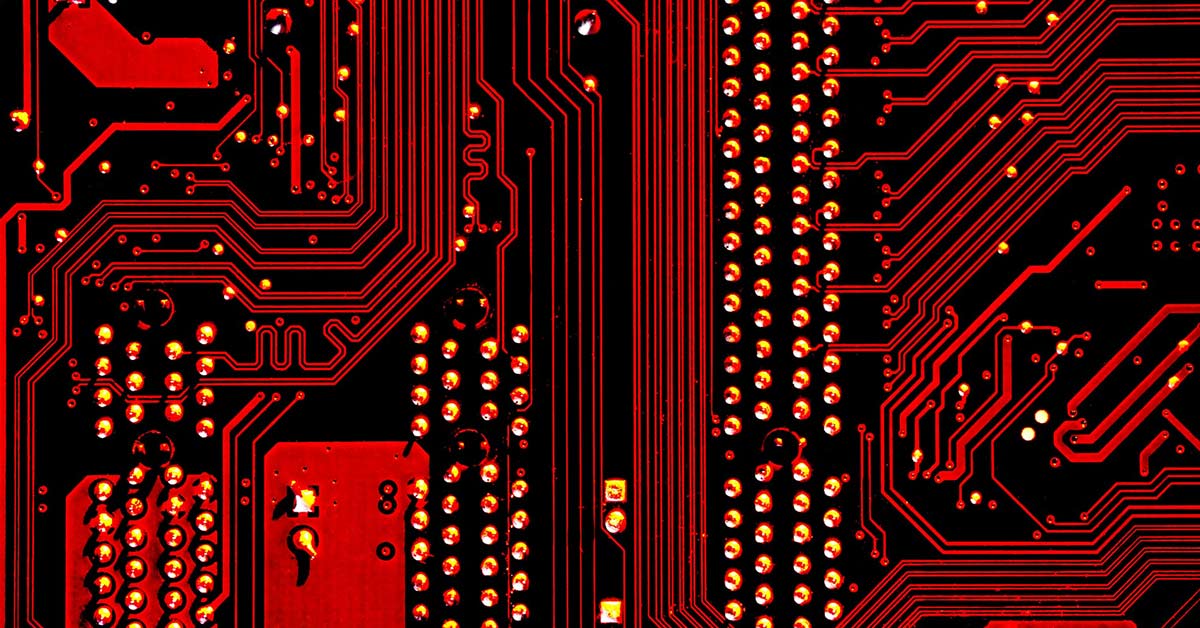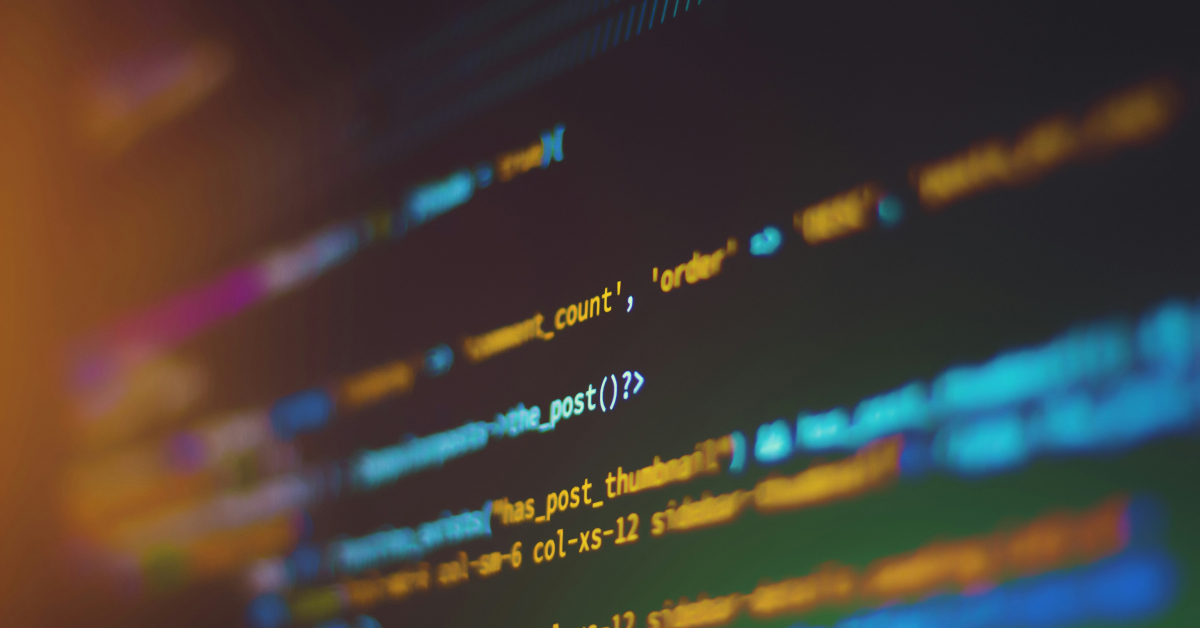If you have already been involved in an AI project or read our article on this topic, you might already know that they are characterized by complexity problem, frequent changes in requirements and unforeseen problems. Could it get any worse? In this article I present 5 problems typical for AI tasks.
1. Why not 100%?
Everything has to work 100%, that seems obvious? Well, not necessarily. AI, or perhaps more technically - the ML model will practically not always give correct answers. Just as humans are wrong - AI also. Why? Usually because they don’t have complete knowledge in the data to predict what will happen, such as the fact that today is a particularly interesting Champions League match and so some potential customers will spend this evening in front of the TV.

2. Why don't you want to promise?
I understand that 100% is unattainable, however, why don't you want to promise at the beginning that this neural network will work as expected 90% of the time? If the task is not “hep”, then any other - this type of project is inherently R&D. As a reference you can use competing solutions (of course being aware of marketing coloration), scientific publications or previous experience, but it all comes down to another point, that is…
3. Data
Currently, applied used AI methods require data, in other words - examples that could be viewed to recognize or predict new similar, but not seen before, elements or phenomena. The key is that the examples that the algorithm “watches” were of proper quality, there were enough of them, and they contained enough information about what affects for example the decision made by the user.
4. Absence of progress
Even in ordinary IT projects, full of unexpected twists and turns, you can count on delivering something that “looks like something, that you can look at”. In AI projects the result is very often an improvement in the statistical quality of the algorithm by a few percent, so as a result you get a report and not another piece of software to look at.

5. Lack of any progress
As I mentioned AI projects are often R&D. So algorithm development consists of experiments, based on publications, intuition, general guidelines. Whence, it may turn out that as a result of hard and expensive work ongoing for example two weeks, the quality of the solution has not move ahead.




